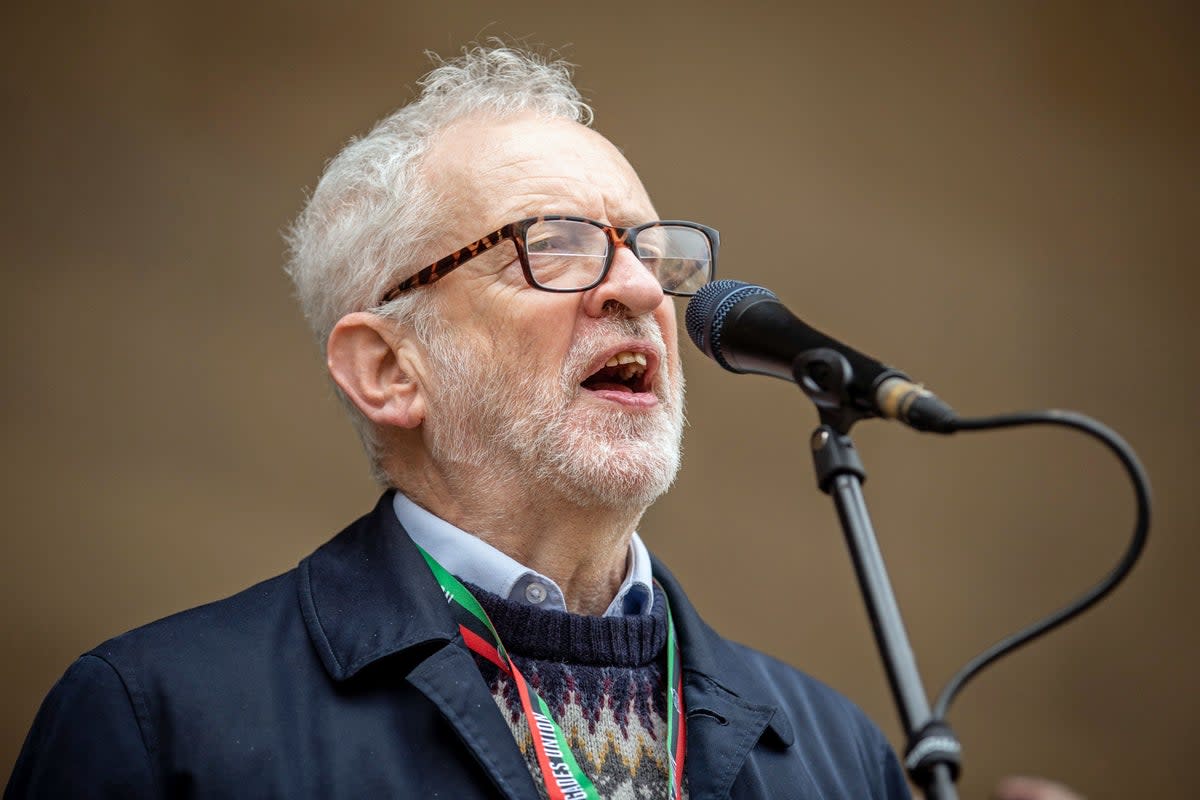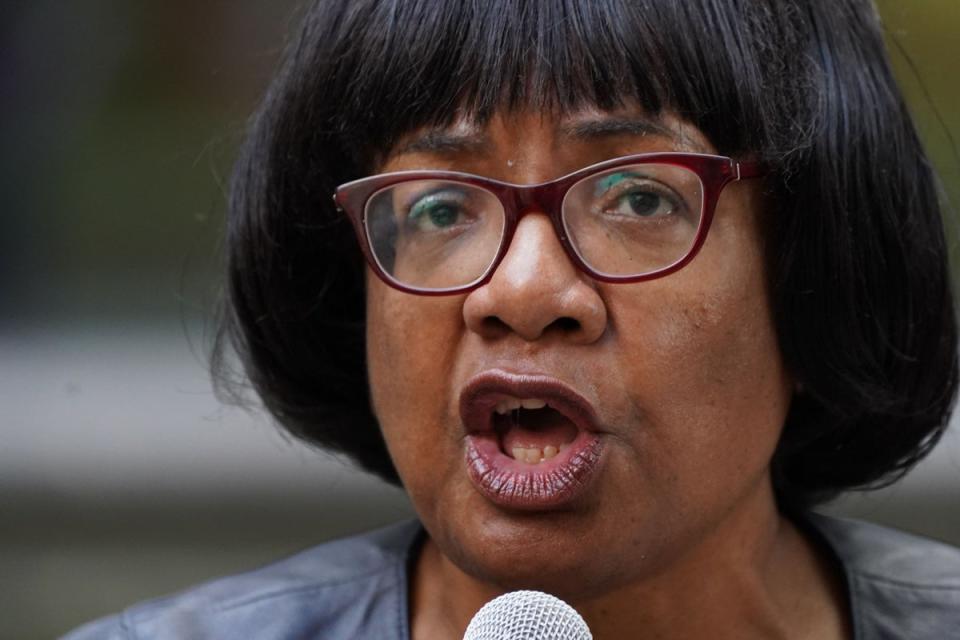Jeremy Corbyn set to stand as independent against Labour at general election

Jeremy Corbyn is set to stand against Labour as an independent candidate in Islington North at the general election.
Mr Corbyn, the former Labour leader who was suspended from the parliamentary party following a row over antisemitism, is expected to announce he will contest the north London seat he has held for more than 40 years, The Daily Telegraph has reported.
The move will come as a headache to Sir Keir Starmer, who has banned his predecessor from standing for Labour after he failed to apologise for his handling of antisemitism within the party.
Following his suspension, Mr Corbyn said he had “no intention of stopping” fighting for his constituents in the seat he has represented since 1983.

Mr Corbyn, who has sat in the Commons as an independent since 2020, claimed the scale of antisemitism within Labour had been “dramatically overstated” by the party’s opponents.
Labour has not yet selected a candidate to run in Islington North, where Mr Corbyn secured a huge majority of 26,188 at the 2019 general election.
The size of Mr Corbyn’s majority makes Islington North one of the safest Labour seats in the country and friends of the former leader are said to believe he can win again. Despite his popularity locally, Mr Corbyn repelled voters nationally in 2019, largely because of his handling of the antisemitism crisis facing the party.
Mr Corbyn’s left wing manifesto was also compared to former leader Michael Foot’s in 1983, dubbed the “longest suicide note in history”, with a slew of pricey policies which the Conservatives successfully convinced voters would lead to higher taxes. And a report by Tory peer Lord Ashcroft into the defeat concluded Mr Corbyn was seen as weak, incompetent, unpatriotic, too left-wing and old-fashioned while Labour’s position on Brexit “further undermined the credibility of the leadership”.
Labour has shortlisted Sem Moema, a member of the London assembly, and Praful Nargund, an Islington councillor, in the contest to be the party's election candidate in the seat.
Former BBC journalist Paul Mason was among those who failed to make the final shortlist.
Labour has said the winner of the selection process is due to be announced on 1 June.
At the time of his suspension, Labour said Mr Corbyn had been suspended for “a failure to retract his words”, but Mr Corbyn called the move “political”.
Sir Keir has, meanwhile, been urged to let Corbyn ally Diane Abbott back into Labour’s ranks in parliament after he welcomed Tory defector Natalie Elphicke.
Ms Abbott’s friend Baroness Shami Chakrabarti said that the Tories and Labour had both traditionally been “broad church” parties.

The former shadow attorney general and ex-director of human rights group Liberty, said: “You measure the breadth of the church from one wall to the other.
“So what I would say is... if there is now a place for a changed Natalie Elphicke in the Parliamentary Labour Party, surely my friend Diane Abbott will have the whip restored quick smart.
“That is something I should be able to look forward to in this context of a broad church.”
Ms Elphicke, who criticised Labour’s policy on immigration and was condemned for remarks she made supporting her ex-husband after he was convicted of sexual assault, has said she will not stand at the election.
Ms Abbott was suspended from the parliamentary Labour Party last April for appearing to diminish racism against Jewish people in a letter to The Observer.
She withdrew her remarks and apologised “for any anguish caused” but remains suspended, meaning she cannot stand as a Labour candidate.
Prime Minister Rishi Sunak fired the starting gun on the general election campaign on Wednesday night, announcing the vote would be held on 4 July.
In a speech in the pouring rain outside No 10 Downing Street, the prime minister defended his record on the economy, national security and immigration as he set out the key battleground issues he intends to campaign on over the next six weeks.
The election, he said, would be a choice between himself and Sir Keir, who vowed to end Tory “chaos” and bring back economic “stability” during his own election address.

 Yahoo News
Yahoo News 
